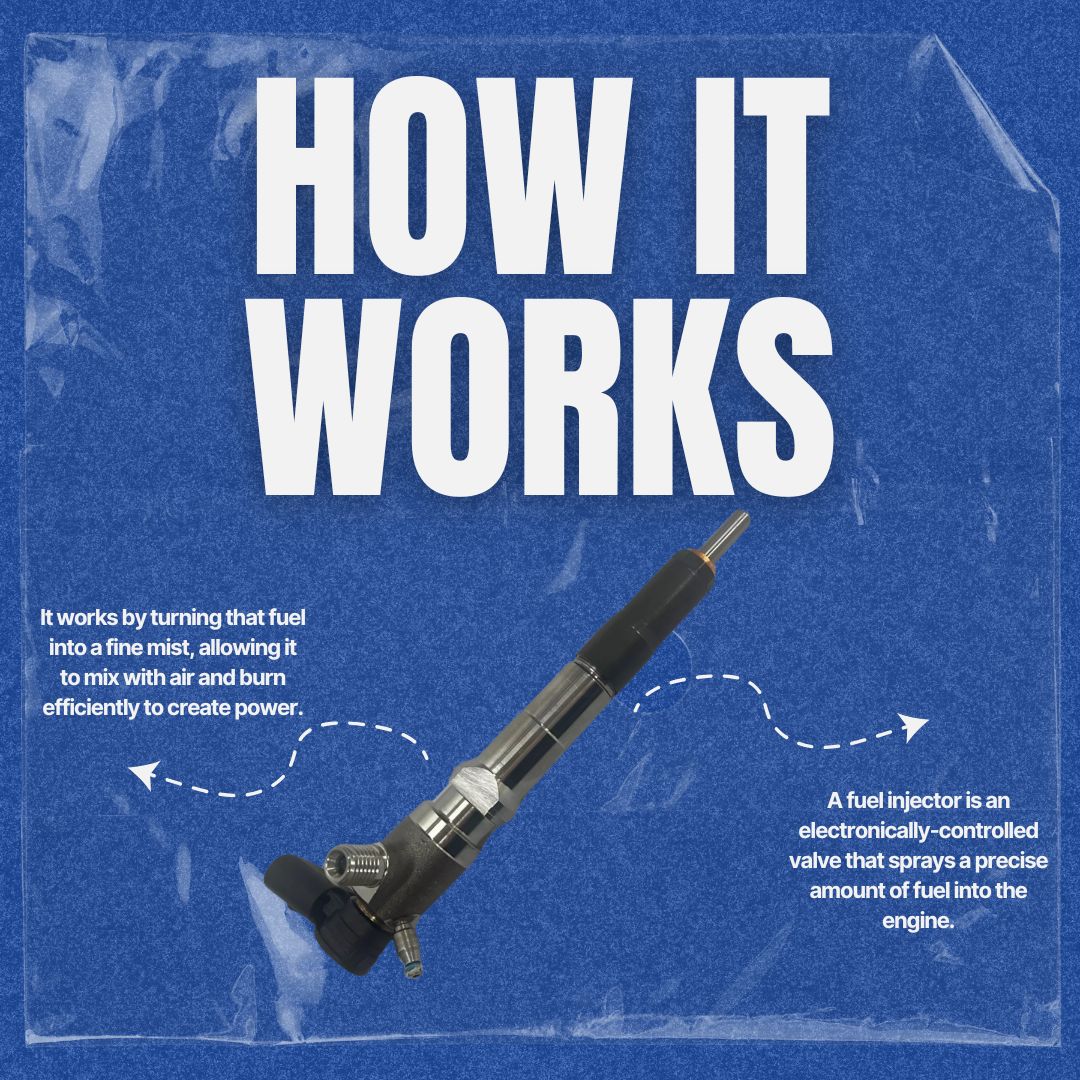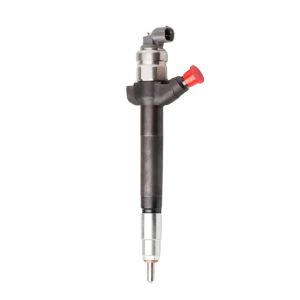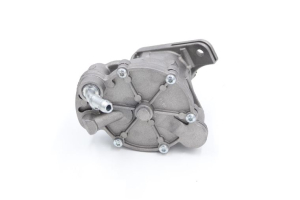Fuel injectors for Transit Vans

All About Ford Transit Fuel Injectors
Ford Transit vans are the workhorses of Britain, but what keeps these reliable engines running smoothly? One of the most critical components is the fuel injector. If you've ever wondered what they are, how they work, or when you might need to replace them, you're in the right place. Let's dive in.
What Are Fuel Injectors?
Think of a fuel injector as a highly precise, electronically controlled nozzle. Its one and only job is to spray a fine mist of diesel fuel directly into your Transit's engine cylinders at the exact right moment.
Why a fine mist? This process, called atomization, is crucial for efficient combustion. By breaking the fuel into tiny droplets, it mixes with air more effectively, allowing the engine to burn the fuel completely. This maximises power and fuel economy while minimising emissions. Without efficient injectors, your van's performance would suffer dramatically.
How Do They Work?
The process is a masterpiece of engineering precision that happens in milliseconds:
-
Fuel Delivery: The high-pressure fuel pump sends diesel from the tank to the injectors.
-
Electronic Signal: Your van's Engine Control Unit (ECU), the onboard computer, calculates the precise amount of fuel needed based on factors like engine speed, load, and temperature. It then sends an electrical signal to the injector.
-
Injection: This electrical signal activates a solenoid or piezo-crystal inside the injector, which lifts a small valve (or needle).
-
Atomization & Spray: With the valve open, the high-pressure fuel is forced through tiny holes in the injector nozzle, creating a fine, cone-shaped spray directly into the cylinder.
-
Combustion: The atomized fuel mixes with compressed, hot air, and ignites, pushing the piston down and creating the power that turns the wheels.
This happens thousands of times per minute, perfectly timed for each cylinder.
How Often Do They Need Replacing?
Ford Transit fuel injectors are built to last, but they don't last forever. There's no fixed replacement schedule; their lifespan depends heavily on a few factors:
-
Fuel Quality: Using poor-quality, contaminated diesel is the number one cause of premature failure. Microscopic debris and water can clog the delicate nozzle holes.
-
Maintenance: Regularly replacing your fuel filter is the best way to protect your injectors. A clogged filter can't stop contaminants from reaching the injectors.
-
Driving Conditions: Constant short trips or excessive idling can lead to carbon build-up on the injector tips, affecting the spray pattern.
Generally, you can expect injectors to last well over 100,000 miles, but they can fail sooner if not cared for.
Signs of a Failing Fuel Injector:
Look out for these common symptoms:
-
Engine Misfiring or Rough Idling: An uneven spray causes incomplete combustion.
-
Difficulty Starting: The engine isn't getting the right amount of fuel to start up.
-
Increased Fuel Consumption: A leaking or inefficient injector wastes fuel.
-
Black or White Smoke from the Exhaust: This indicates unburnt fuel or other combustion problems.
-
Loss of Power: The engine isn't running efficiently, leading to poor acceleration.
If you notice any of these signs, it's best to get your van checked by a professional. Sometimes an injector can be cleaned, but often, a replacement is the only reliable solution.
To help you find us and our products, here are some keywords you might be searching for:
-
Ford Transit fuel injectors
-
Transit van injector replacement
-
MK7 Transit injectors
-
MK8 Transit injectors
-
Transit Custom fuel injectors
-
Diesel injector problems
-
Signs of bad fuel injectors
-
Ford Transit rough idle
-
Transit injector coding
-
Common rail diesel injectors
-
Fuel injector cleaning
-
Transit van parts UK





